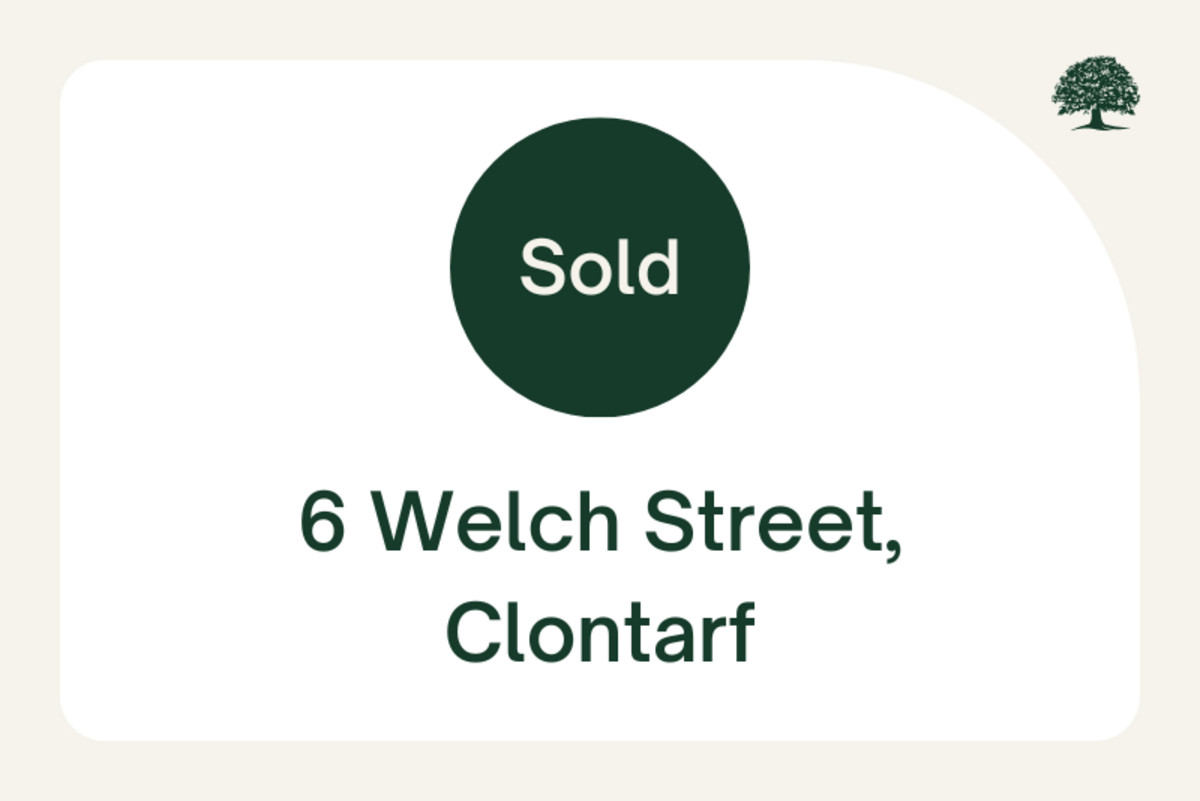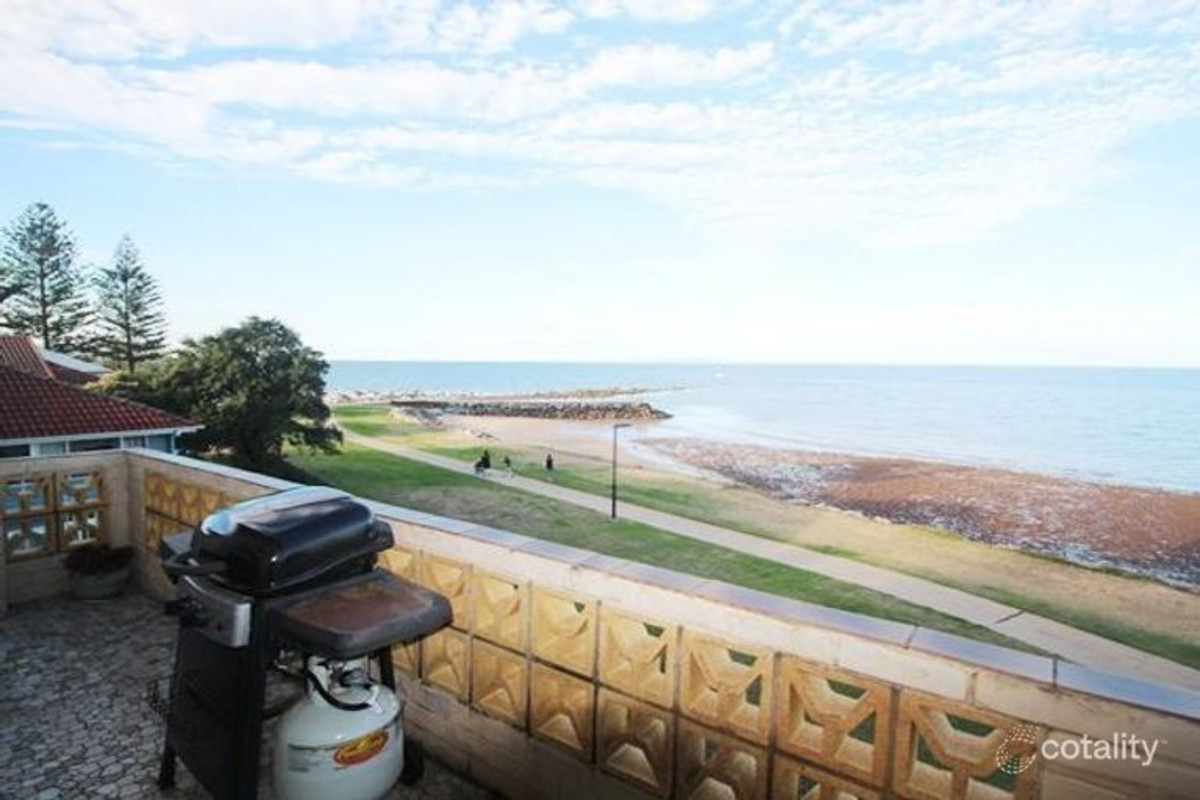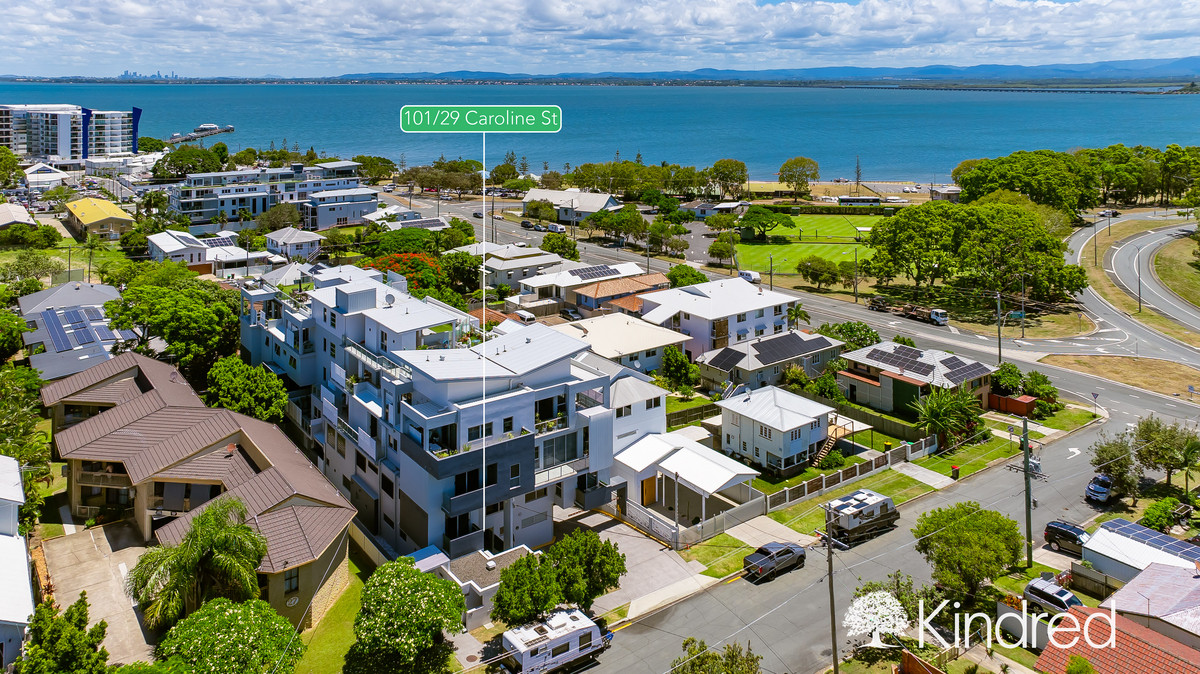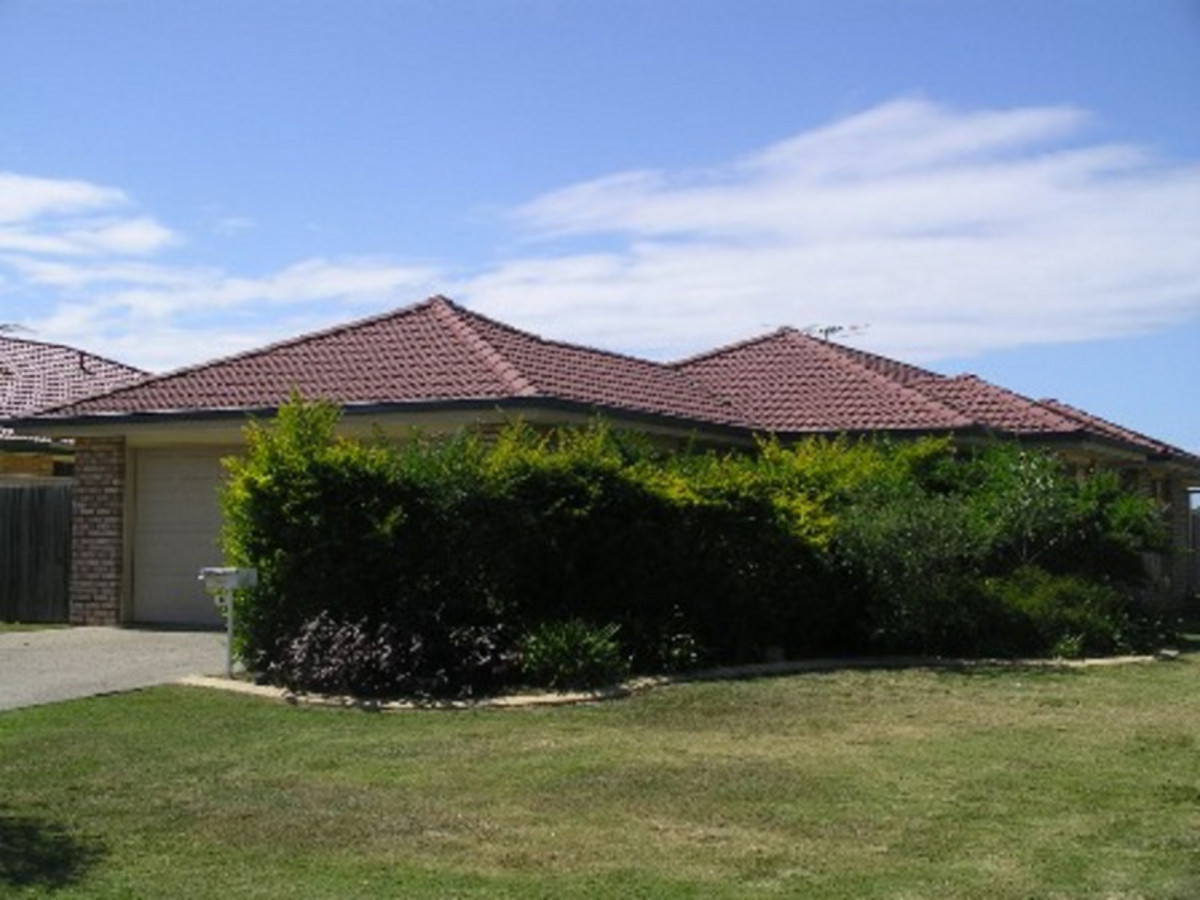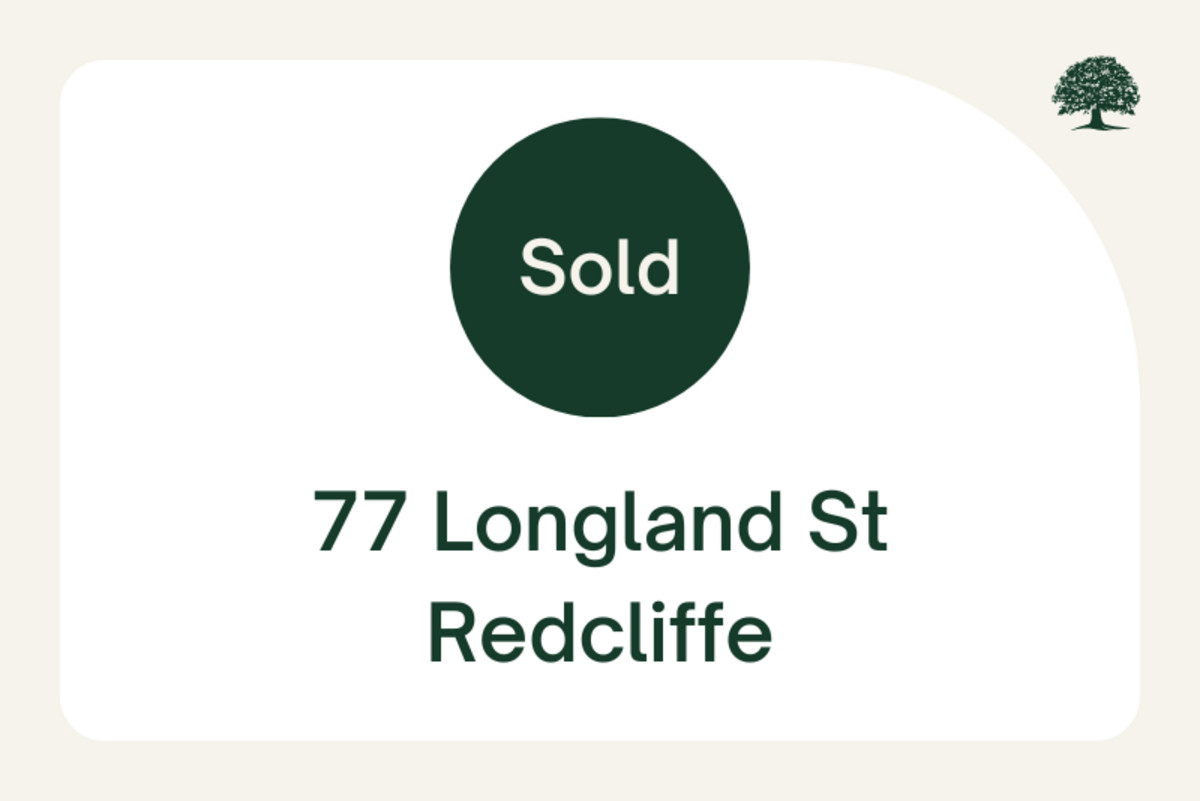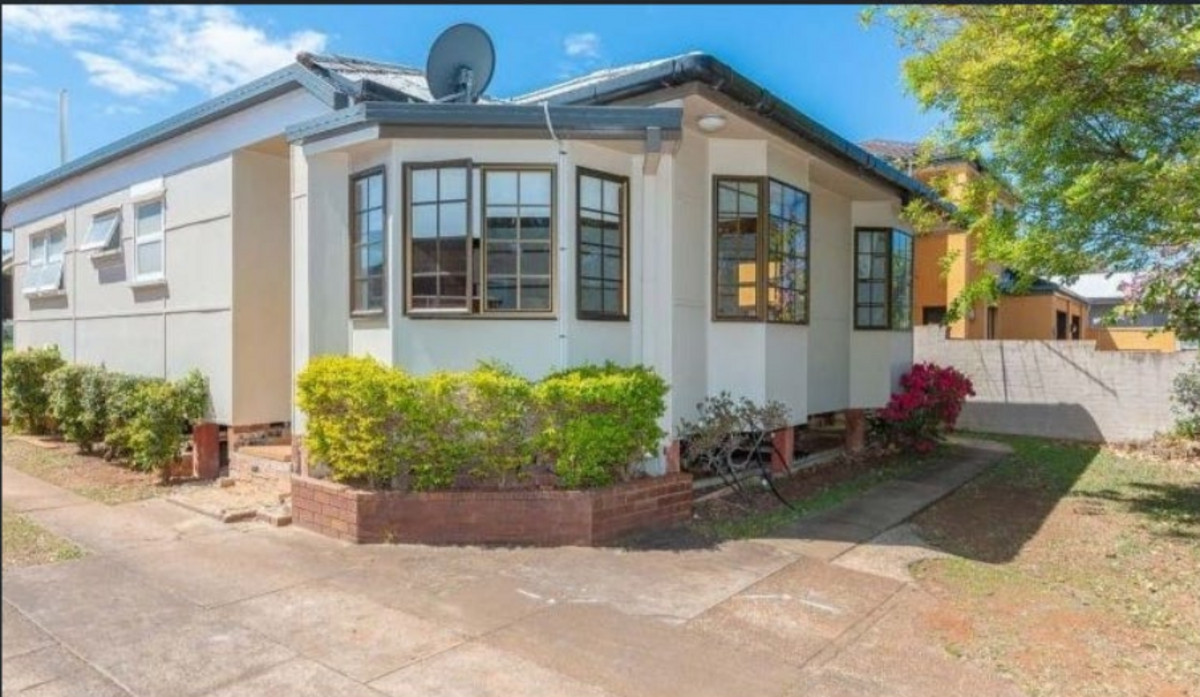We’re already planning the housewarming
Buying your next home could be the most exciting thing you ever do. We believe in dreams. We believe in you. Get dreaming.
Property alerts
Get the latest listings before they go live! Sign up for property alerts

No holding out
We know how annoying it is to ask lots of questions and not get anywhere. That’s why we do our best to present as much detail as possible in our listings. No price guide listed? Just ask!
Good buy, not goodbye
When you purchase your next home with Kindred, we stay in touch and keep you updated with market insights, regular appraisals and work with you and your priorities. Going overseas and rent your property out for 6 months? Refinance or access equity to purchase a second home? We love to help.


We're tech deep
We love good tech and data, and we have a stack of it to help serve you new listing alerts, inspection times and other relevant pieces in your property search.
Is anybody there?
The real estate industry is great at ignoring buyers (spoiler alert - less than half of buyer enquiry gets a reply). We said a big fat, NO WAY to this and created a dedicated Customer Care team. It’s their job to make every person feel valued and heard, and respond to them 7 days a week, in real time.

This is the default text value
This is the default text value
We could harp on all day
Here's what some real customers have to say!
.jpg)
5-star reviews
Ready to take the journey with us?
With 15+ years experience, see why thousands of North Brisbane and Moreton Bay residents continue to choose Kindred.

Some of our more frequently asked questions when buying
A building and pest inspection is a detailed examination of the condition of a home by a professional inspector. The purpose of a building and pest inspection is to identify any potential problems with the property before the sale is finalised, so you know exactly what you’re getting and are happy with the condition and relevant price. Having a building and pest inspection helps reduce the risk of unexpected (and often costly) surprises once you have purchased the home. Your building and pest inspection typically looks at the condition of the home, its foundations, roof, plumbing, electrical systems, heating and cooling systems, and other key components. Your inspector will look for any signs of water damage, mould, pests, or other issues that could affect the safety or habitability of the property. You’ll get all the results in a detailed report, alongside a list of issues found. You’ll then be able to negotiate repairs as part of the sale agreement, negotiate a lower sale price with the seller, or to decide whether or not to proceed with the sale.
Once you’ve inspected a home and made the decision to make an offer, you need to decide on a price for your offer. This may involve comparing the property to similar homes in the area, looking at the sale prices of other homes you’ve viewed in the current market, and speaking with your agency if you like. Then, in the first instance, you can make an offer or expression of interest, often through an online form. From here, you can request a Contract of Sale to further negotiate the terms of the offer on paper. The seller will then take your offer under consideration, and may come back to negotiate on price, terms or both, until you either come to a mutually acceptable agreement, or decide that the terms will not be agreeable for you both. Our team is always here to support you through the offer process and any questions you have along the way.
We recommend making a list of ‘must-haves’ and ‘nice-to-haves’ that best suit your family’s needs when inspecting homes, and comparing each home against this list to see how well it ticks your boxes. We have examples of what your must-haves can look like in our home buying checklist here.
We believe the right agency for you will be one that makes the time to get to know you, keeps you supported throughout your entire buying experience, doesn’t leave your questions unanswered - and has the right processes in place to have you backed by their entire team.
Conveyancing is the legal process of transferring ownership of a property from the current owner (vendor or seller) to a new owner (purchaser or buyer). Hence, a conveyancer (which in Queensland is a solicitor) should be appointed as soon as you are committed to buying or selling your home, as they will complete the due diligence needed to protect you throughout the buying and selling process.
We recommend choosing a conveyancer for many of the same reasons you’d choose us as your real estate team - for their experience, their proven track record of success, and importantly their care of you as a client and helping you get the very best experience and information throughout the process
Again, this will vary depending on a family’s circumstances. Ideally you want to aim for a 20% deposit as this will remove the need to purchase additional Lender’s Mortgage Insurance (LMI), as well as reducing your interest repayments. Currently, many banks require you to have a minimum of a 10% deposit. There are some guarantees, such as the First Home Guarantee and the Family Home Guarantee, which mean that individuals in very specific circumstances (such as single parents that meet specific eligibility criteria) can have a deposit as low as 2% without mortgage lender’s insurance. Again, you’ll be able to discuss all the options available to you with your bank, mortgage broker or other lending agent.
Start by approaching a bank, mortgage broker or other lending institution. They’ll have a meeting with you to discuss your circumstances, and will require you to fill out comprehensive paperwork that will include everything from your income statements to monthly expenses and much more. That will allow your bank or lender to calculate your maximum borrowing capacity, and get you pre-approved for a maximum amount, which may come with set terms or conditions depending on your circumstances.
The current available mortgage rates may vary slightly from bank to bank, and may vary further depending on how long you fix your mortgage for. All banks are required to display their current mortgage rates on their website. You may also choose to use a home loan rate comparison tool to give you a better idea of what the current rates are. The rate offered to you specifically will be provided in writing by the bank you take out your mortgage through, or rate options at different banks depending on your circumstances can be provided by your mortgage broker if you go through one.
The maximum amount you’ll be able to spend on a home purchase will be based directly on your family’s income, any savings you have, your monthly expenses, your credit score, the deposit you have saved (your loan to value ratio (LVR) will be considered here as it will dictate whether you also need to budget for lender’s mortgage insurance), and any dependents and debts you have, among other factors. Your bank or mortgage broker will take your details and let you know what your borrowing power is. Once you know your maximum borrowing capacity, you’ll be able to look at potential repayment rates depending on different mortgage length (10 years, 20 years, 30 years etc) - and make a decision on what you can afford to spend on a home, and if you want to search for properties at your maximum budget or if it’ll be better for you to aim for a lower purchase price.






